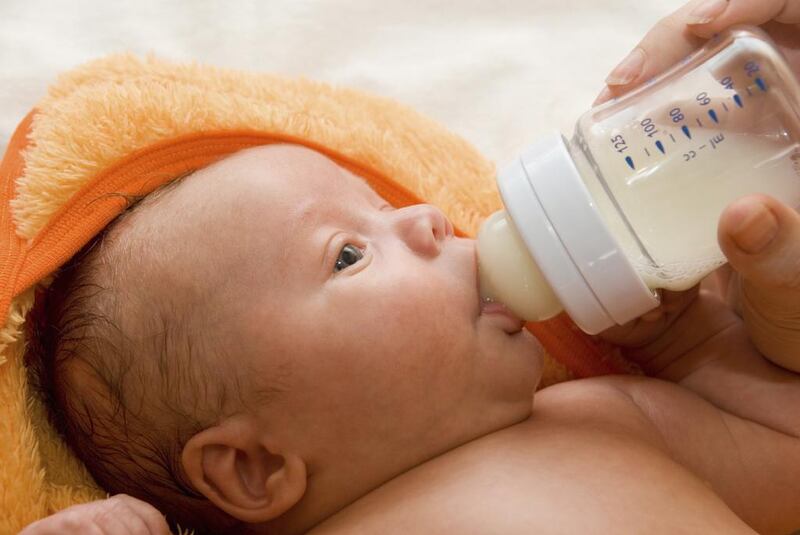Giving things names is an important business. From products to people, names matter a lot. Names speak of values, influences and aspirations. One of the first official acts we perform as parents is naming our babies, and one of the first bits of information we give to people we meet is our name. If you introduce yourself to me as Moonbeam Rainbow-Lovelove, then I’m going to have to file you in my tree-hugging hippie box.
The coolest job in today’s world has to be being a professional “namer”. Yes, it is a real job, kind of like a cross between a rapper and a psycholinguist, and large corporations will pay namers, or naming agencies, anywhere uto $75,000 to come up with just the right name for a product, service or a company. Clients want a name that captures the essence of what they offer.
The names we give our children similarly reflect our values and aspirations. US entertainment mogul, Jay Z, called his daughter Blue Ivy, and then set about unsuccessfully trying to trademark it.
Calling your child Blue Ivy suggests that a high value is placed on individuality (how many Blue Ivys do you know?), brand-consciousness and entrepreneurship (Blue Ivy baby shoes anyone?).
Often, there are naming trends and these indicate major social change. A study published in the International Journal of Middle East Studies used birth records spanning 25 years to explore the relationship between baby names and social change in Iran.
It found that during the time of the Shah (Pahlavi dynasty) naming preferences were relatively skewed in favour of traditional Persian names (Khorsheed) over and above more religious ones (Khadija). But in the last five years of the Pahlavi regime – the run-up to the 1979 Iranian revolution – this trend reversed.
Interestingly, after the revolution the trend stabilised, and by 1988 it reversed again, with Persian names regaining ground. It appears that we don’t just vote with our feet, we also vote with our children’s names.
About five years ago, I looked at a huge data set of Emirati girls’ names going back to 1998. I was interested to see which were most popular and if there had been any changes at the top over time. In the US, for example, there is little continuity in terms of the most popular baby names. They change often, with the Brittanys and Madisons swiftly displaced by Emmas and Olivias.
Looking at the UAE data however, there was no real surprise; Fatima was by far the most popular girls’ name, followed by Mariam and then Aisha. In fact, these names were so popular that they accounted for more than 15 per cent of the entire sample. This is not surprising considering that all three names have profound religious and cultural significance in the UAE and the Muslim world as a whole. But the continuing popularity – and exact same ranking – is worth noting. Fatima was number 1 in 1998 and she was still number 1 in 2010. Mariam and Ayesha have also remained number two and three respectively.
Recently, I decided to have another peek at the data to see if the Fatima index (the number of Fatimas in the population) had changed even a bit in the past five years. It hadn’t. The situation remained the same as in 2010, which was the same as in 1998.
Emirati girls are still mostly being named Fatima, Mariam and Ayesha, with various spellings in the English version but, typically with just one spelling in Arabic.
In spite of the great developments and massive social changes that have taken place across the UAE over the past few decades, the names Emirati families give to their babies has remained incredibly stable.
That said, in the online world at least, many Fatimas have now become Fatoom or Fa6oom, seeking the individual monikers so often required by cyber society.
Justin Thomas is an associate professor of psychology at Zayed University and author of Psychological Well-Being in the Gulf States
On Twitter: @DrJustinThomas





